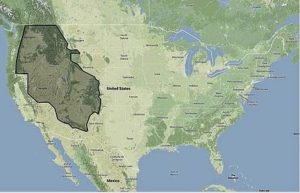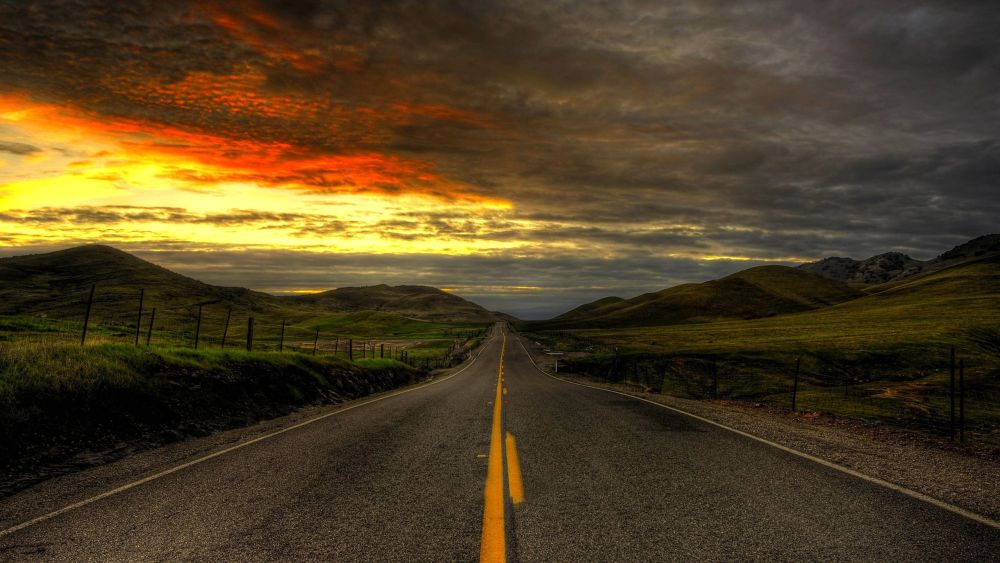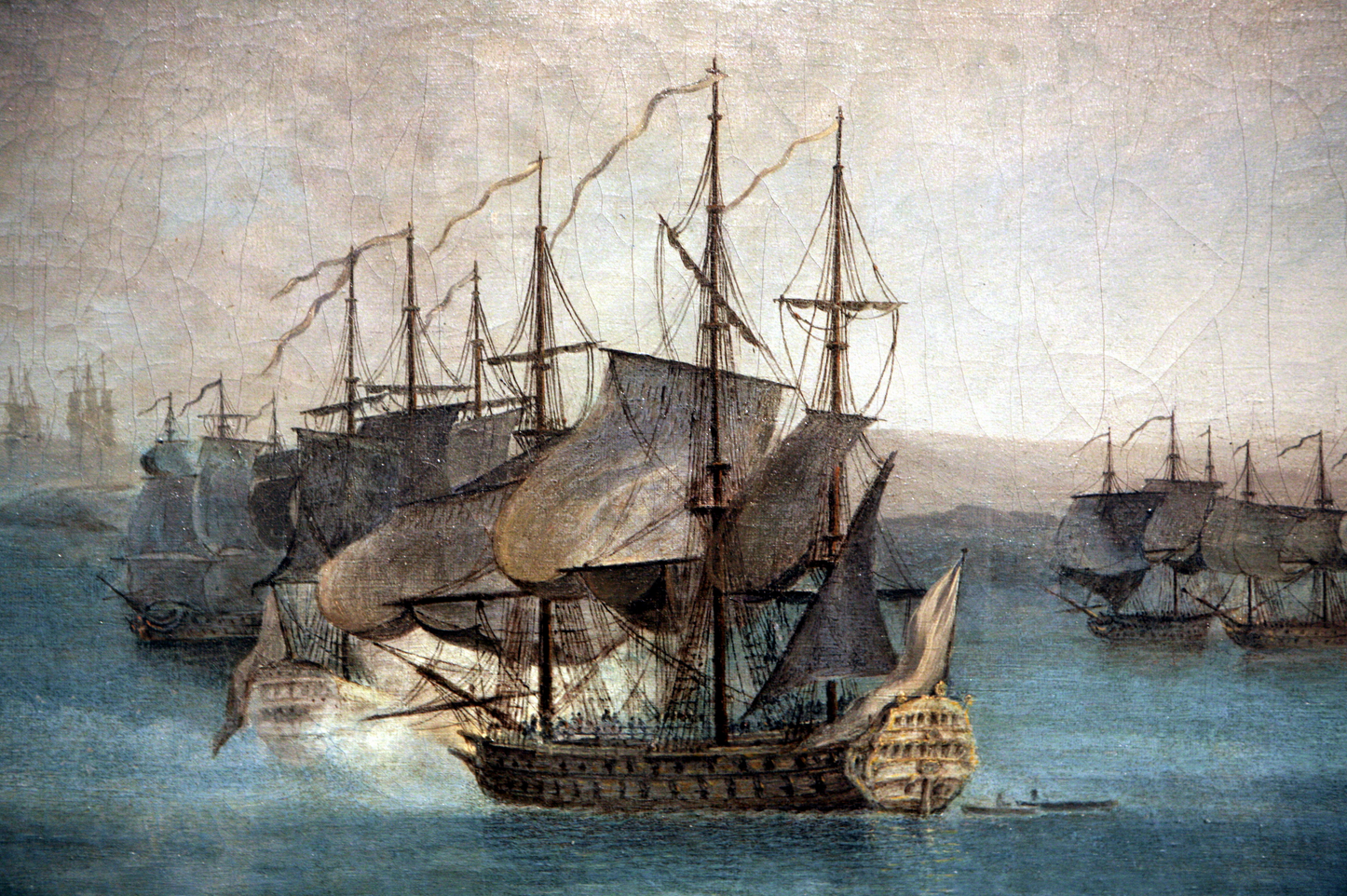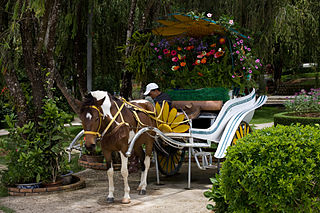Joel Skousen on the Western Relocation Zone:
The area I have outlined is what is generally referred to as the Intermountain West and includes the Great Basin—that high desert plain between the Cascade/Sierra Mountains of Washington, Oregon and California over to the middle of the Rocky Mountains of Colorado and New Mexico. These two mountain ranges converge as they get further north and merge in Canada. They provide a pretty formidable barrier for those coming from the West Coast or the Midwest. In addition, the Great Basin has within its boundaries hundreds of miles of trackless desert and mountain areas that provide isolation by distance and hardship for anyone entering the area without vehicles, fuel and water.

I wrote once, in a post lost in the conflagration of a former blog, that in a severe SHTF situation* most people will die within 10 miles of their homes. Lots of prepper blogs paint pictures based on the experience of Germany at the end of WWII, when hordes of Germans fled westward, devouring everything in their path, and they’ll warn that the American prepper faces the same threat swarming out of our cities. But there’s a difference that makes all the difference: the Germans were fleeing an enemy marching from the east. Lacking that kind of specific directional threat, people will not willingly leave home.
People don’t naturally bug out. Unless they have an existing plan to reach someplace safe, they are going to remain in familiar environs until absolutely forced to leave. In the meantime, they are going to drive from station to station looking for gas until the gas is gone. When the sun goes down they’ll hide in their homes, using their camp lights until the batteries are gone. The vast majority will wait in place for help to arrive, because that’s what help always does. Except under a true SHTF scenario, help never arrives – all that happens is that escape routes fill up with cars that are out of gas. But it will take time for that reality to sink in.
A true SHTF scenario is the only situation in which a significant amount of distance between you and this situation is decisive. After all, if the gas stations are open a person can drive from Dallas to Thunder Bay in about 20 hours. I’ve driven from Vermont to Kansas in the same time. So long as there’s fuel for vehicles available, distance avails you nothing. There’s no safety within 400 miles of Boise or Caspar if the bad guys can fill up their Suburbans-O-Death there before heading to your house.
But if there’s no fuel or if the main roads are blocked with cars,** then travel options are massively reduced, pretty much to cycles (motorized or not), horses, and foot. Given the limited number of the first available, I just do not see massive numbers of refugees pedaling their way west on I-70. The second, limited in number as well, are already outside the cities.*** That leaves walking.
A person in military shape can march about 20 miles a day – that’s the distance the Roman Legions covered as a matter of course. Your average obese American, trying to carry water and food and household treasures, with children in tow, without appropriate footwear or a way to escape the weather or itinerant “toll collectors,” could not do half that after the first day, even without the bridges blocked. They’re not going to walk to Bakersfield from LA. They will give up within days and go back. Whether they make it is anyone’s guess.
In short, if the disaster that makes people flee the cities is accompanied by plentiful gasoline for normal vehicles, even 500 miles – 25 mpg on a 20-gallon tank – is not far enough to avoid unpleasant visitors. If the disaster removes the gas, 100 miles distance from danger areas is plenty.
Now, obviously, those are the opposite ends of a single spectrum. It’s also possible and even likely that we would face a middle situation, one in which gas remains available for some but not others, perhaps via panic pricing or even government rationing. But mid-way cases do not change the calculus. The government’s going to have whatever gas is available – if you’re afraid they’re coming for you, you’re not far enough away. But if you’re mostly concerned about hungry hordes of zombies, there’s no need to head for the mountains of Utah. The average urban pov, the one who will suffer most from the immediate cessation of government services like water and power, will be the last to receive whatever shrinking supplies of gas are available. Lacking a motorized means to escape the concrete deathtrap that is a darkened city, he will likely die in place unless the lights come back on within weeks, and maybe within days.
* I think the subject was an EMP that took out freaking everything, a situation I find extremely unlikely as a matter of warfare but far more likely as a matter of nature. Which means I expect, if it hits us, we will have no warning whatsoever.
** Or if the sheriff’s department of Bugout County Iowa blocks a bridge over the Mighty Miss, ensuring that wandering Chicagoans remain Illinois’ problem. Bet you dollars to donuts it happens almost immediately.
*** Plus, most dazzling urbanites would have no idea what to do with a horse. They might eat it, I guess.










5
The one thing that everyone talking about the “Western Redoubt” or “Western Relocation Zone” is overlooking is how inhospitable it is to life without modernity. Water is scarce, without irrigation nothing grows. (how long are those dams and canals going to work let alone the electrically powered center pivots) nothing grows. The mountains are large and filled with impassable amounts of snow in the winter. The land is poor quality and game is sparse by eastern standards. There are a host of reasons that this area represents a big hole in the map even in our current era. There aren’t enough resources there to support the current population it has let alone “refugees” in a difficult situation. The ongoing influx from Ca and the PNW isn’t helping that situation. There are far better places in the country to head towards that this great desolate waste.
Exactly. I read one piece touting the Redoubt that says if you move there, plan on a long drive to work. I’ve spent a bit of time in northern Idaho and don’t remember seeing many refineries there…
Sure, but a couple of months in Eastern Washington, then a simple march over the Cascades to claim the very fertile Puget Sound regions from what remains of the Seattlites.
“They provide a pretty formidable barrier for those coming from the West Coast or the Midwest.”
The only thing coming from the Midwest will be a few of my emissaries from the New Indiana Territory, encouraging you to kiss the ring and live in peace. WE close the bridges over the Missouri… gotta secure our western border.